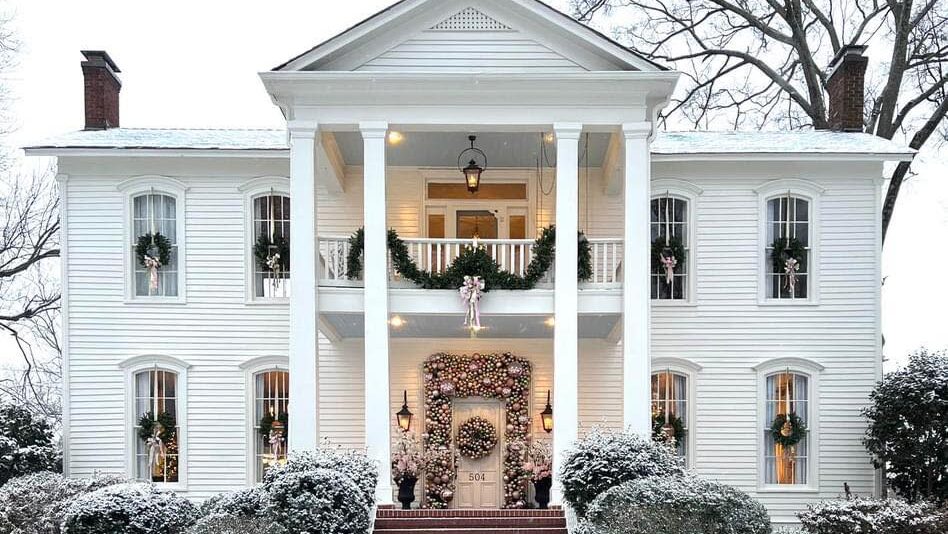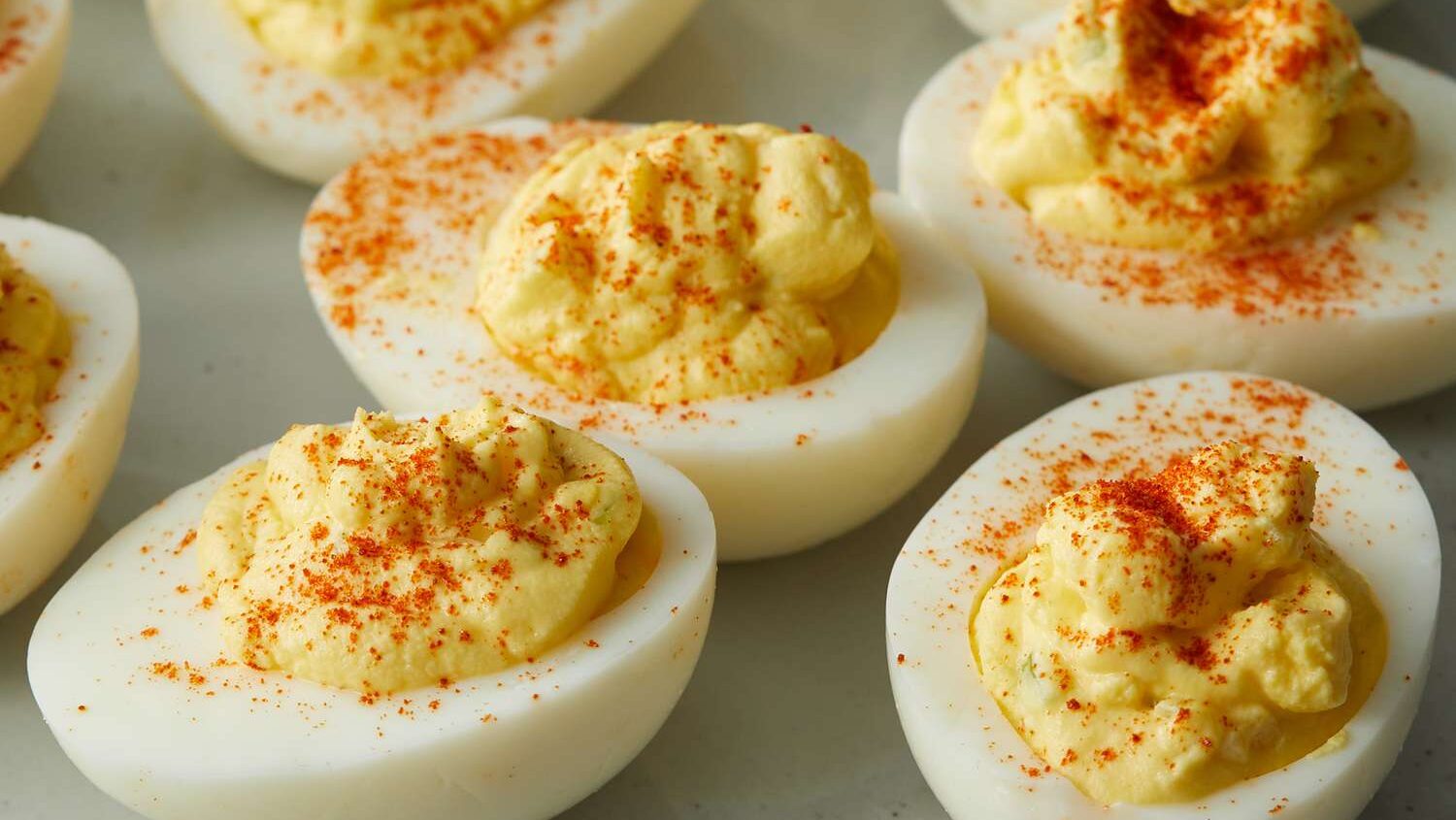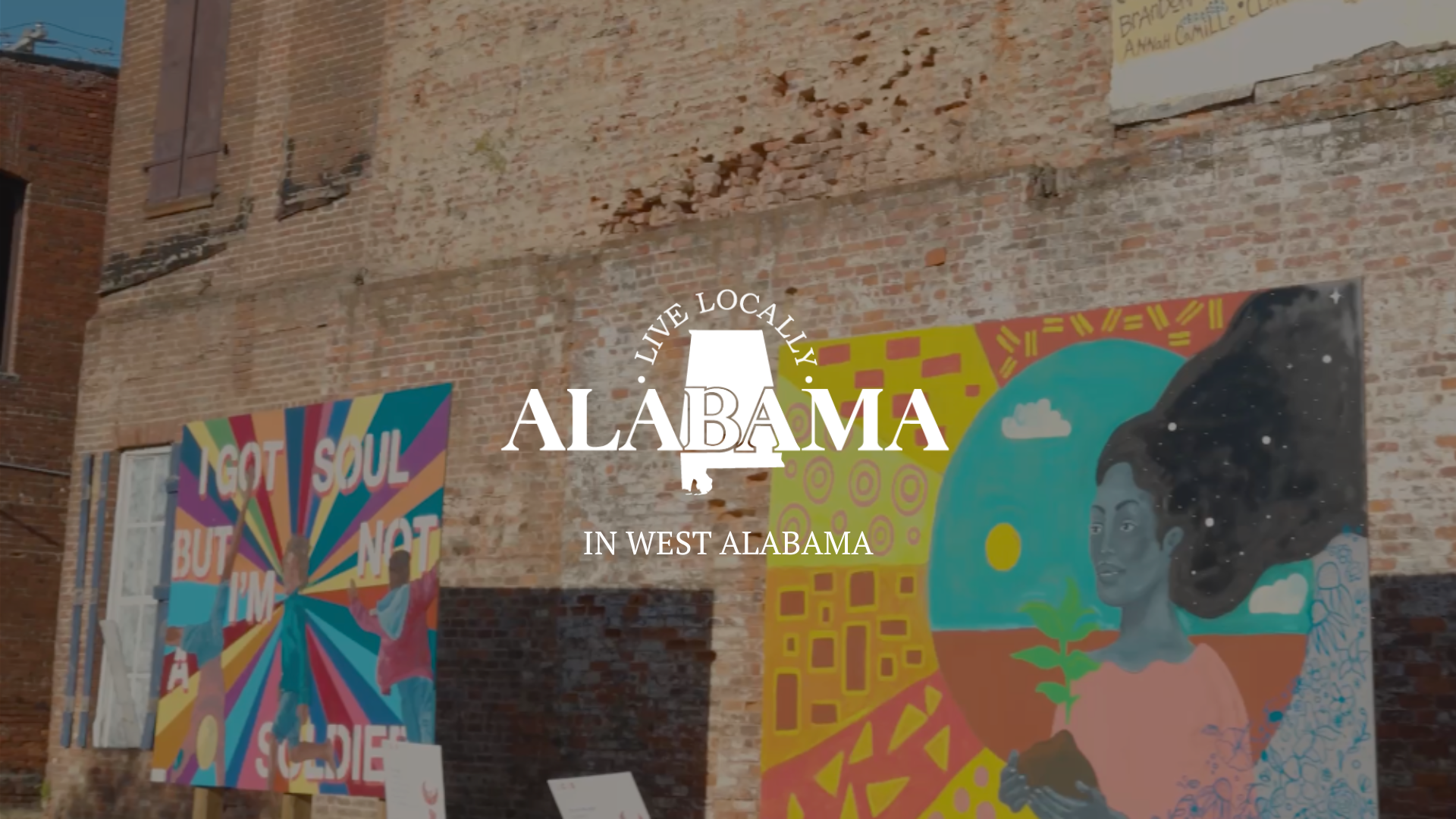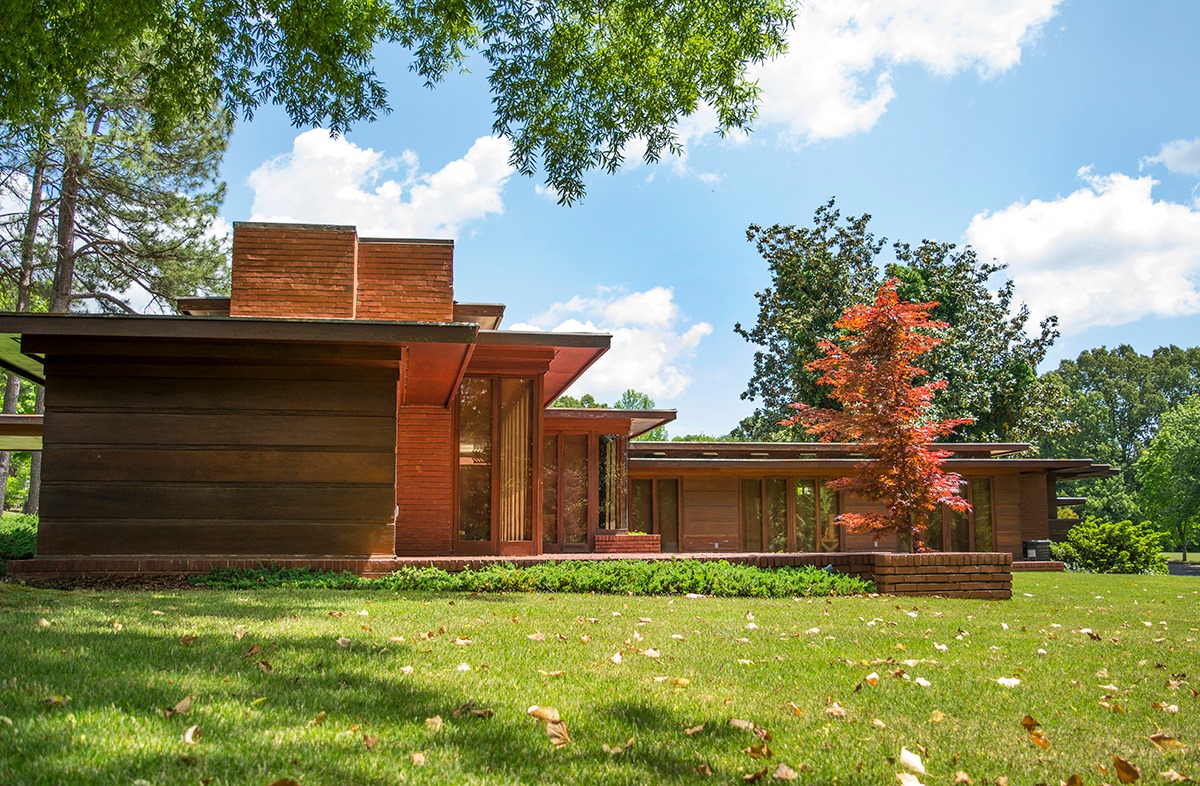A breezy October afternoon welcomed Marilyn Vetter, a Midwesterner with a lifelong love for the outdoors, to Alabama. In state for the Wetumpka Wildlife Arts Festival hosted annually on the banks of the Coosa River, Vetter found a fitting backdrop to share her story in an interview with Yellowhammer News. As part of the festival, she spoke to hunters, landowners and conservation-minded Alabamians as CEO of Quail Forever about a tradition older than the state itself.
“If people don’t have the opportunity to experience it, it’s hard for them to imagine why we should care,” Vetter said. “And it’s having more people that care. They can only do so much for themselves. You know, they’re a tiny little thing. They’re pretty dependent upon us taking care of their habitat.”
‘They’ being quail – a small bird with an outsized impact on Alabama’s ecosystems and heritage. In particular, the northern bobwhite quail – an iconic species to the state and the Southeastern U.S. as a whole.
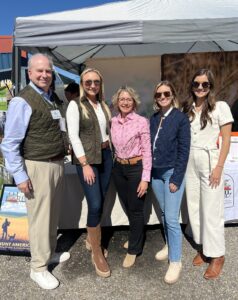
(Courtney Hancock/Contributed)
Vetter believes that conservation and hunting are rooted in a lifelong respect for nature – a perspective she first shaped growing up on her family’s cattle ranch in North Dakota.
“My dad was not really a hunter,” she said. “For a man who raised cattle for slaughter, he really hated killing animals. If he killed a deer, it was because the dogs needed dog food, and we didn’t.” Her early life, she recalled, was spent mostly outdoors, wandering pastures, tending to the garden with her mother, and absorbing nature’s quiet.
“My parents instilled that value, that nothing was to be wasted,” she said. “And every time you take a bird, you hold it and you value it because it gave something for you.”
Generations of Alabamians share this same tradition of respect for land and life on a deeply-rooted level. “What I love about Southern small communities is the care that you have for your fronts, for your buildings, for your communities. It just feels like home,” she said.
Alabama, with its legacy of conservation and wild quail alike, is central to the vision of Quail Forever, Vetter says. In fact, Quail Forever’s mission to revive quail populations is as much about protecting a bird as it is about preserving Alabama’s Black Belt, a region named for its dark, fertile soil.
In the 19th century, the Black Belt was an agricultural center known for its cotton fields, vast prairies, and rural communities. But as the cotton industry faded and large-scale agriculture took its place, the delicate balance of nature here was disrupted. These changes impacted bobwhite quail, whose populations plummeted as native prairies were replaced by pine plantations and row crops.
“When you look at the bobwhite, it didn’t decline in a vacuum. Prairie birds in general have declined well over 70% since the 1970s,” Vetter said.
“If I could wave my magic wand, every kid would get to experience what people here experienced as kids,” she said. “It’s not just having more quail – it’s having the ability to access places where they live. And that, I think, is the hardest part.”
This issue goes beyond Alabama. Quail and pheasants are indicator species, measuring the health of grasslands and prairies across the country. Their decline signals not just a loss of wildlife – but a loss of connection to land, culture, and the generations who shaped it.
But because of that, Quail Forever’s mission in Alabama is ambitious and urgent: To restore habitats for quail and the ecosystem of all wildlife, Vetter says.
Quail Forever has already impacted 7 million acres of quail habitat nationwide, with almost half of its biologist team dedicated to quail alone. In Alabama, they work closely with local landowners and public entities to support land use goals and create accessibility to the outdoors.
“The biggest connection, I think, that we can help people make, is understanding that small differences lend to a greater impact. That is the really wonderful thing about bobwhite quail: They don’t need to have 1,000 acres to make a difference. With a 40-acre plot, you can make a substantial difference, as long as there are other like-minded landowners in the vicinity, creating connectivity for coveys.”
Most of Alabama’s land is privately owned – over 90% – and public access remains scarce. Yet, it is the private landowners who hold the key to Alabama’s natural future.
“It’s not just having more; it’s about having access,” Vetter explained. “Someone said to me not long ago, ‘There are too many hunters.’ And I said, ‘No, there’s not enough public land.’ It’s hard when two-thirds of the country is privately owned, and in states like Alabama, it’s even higher. There’s not a lot of public land here. But where people are willing to allow access, that’s key for people to experience it.”
For Vetter, among the many state agencies Quail Forever and Pheasants Forever works with, the Alabama Department of Conservation and Natural Resources (ADCNR) stands out.
“Man, it’s kind of hard to beat your state agency, because they really get it,” she said with a grin.
“They’re proactive. They know who their constituents are. They are fearless in handling naysayers, but they do it with dignity and respect. They don’t hide. They give everyone a voice, then explain why their decisions are based on science. That’s what a state agency should do.”
Innovative programs, such as those found within the federal Farm Bill including the Environmental Quality Incentives Program (EQIP), Conservation Reserve Program (CRP) and many others, incentivize landowners to conserve quality wildlife habitat. Vetter sees extra incentives through a partner like Quail Forever as vital for both opening access and supporting rural economies.
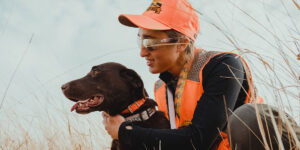
(Quail Forever/Facebook)
“We’re trying to raise dollars to give landowners added incentives to make these lands accessible,” she said. “These incentives help make a difference – even if it’s just a 40-acre plot, that can make a substantial impact.”
Other states have introduced programs where private landowners grant limited access to hunters and outdoor enthusiasts, such as Oregon’s lottery-based system that allows hunters to sign up for specific days. Alabama is ripe for similar innovation, Vetter believes.
She added that the Alabama Black Belt Adventures Association has been a champion of outdoor tourism and rural economic development in the Black Belt. “So many of these communities depend on outdoorsmen and hunters. It’s feed, supply, the hardware store, all the way down the line. Conservation is critical, but it’s more than just one bird.”
“We want people to see that small actions lead to greater impact. There are so many people in the state who value that. They just haven’t heard of us before.”
Though quail and pheasant populations are inherently different – quail being a southern species and pheasants more at home in the Midwest – the two species face similar challenges. Both rely on managed habitats, partnerships with landowners, and long-term federal programs that prioritize conservation for agricultural lands.
“I think about what we had in this state just a few years ago. We really didn’t have many team members here. Now we’re up to nine, and that’s a commitment and testament to the commitment of our partners,” Vetter said glowingly of Quail Forever’s continued effort and impact in Alabama.
“I look at neighboring states and how they catapulted when people understand the ramifications of investment in conservation. Whether they’re hunters or not, quite honestly, die-hard hunters aren’t really there to fill their game bag. They’re there to be outside with their bird dog, with their kids, their grandkids, with their friends, their spouse, and they’re out there to enjoy that connection.”
Dogs, as well, are a deeply-personal connection that represents the soul of hunting itself. Vetter’s tone changed when she started talking about hunting dogs. She and her husband, Clyde, have trained and raised German shorthaired pointers and been active as judges in the versatile hunting dog world for over 30 years.
“I can tell you that the majority of adult-onset hunters I meet came to it through dogs. They picked up a dog somewhere, they followed a dog somewhere – and that romanticism just hit them hard. And they are lock, stock and barrel,” she said. “Man, that connection, that triad, between the land, the dog, and the person is pretty extraordinary.”
Thomas Harris, member of the Quail Forever Board of Directors and founder of the Alabama Black Belt Adventures Association, was present during the interview added, “If I could give every young person a hunting dog, they’d be out there hunting. It’s a natural bonding experience.”
“My early memories of going to the country with my parents to chop fat lighter wood for the winter are seared in my mind. We would invariably jump a covey of quail that shook the ground like feathered dynamite,” Harris said.
“Out there with a horizon in every direction, you’re reminded of your place in the world in a way that digital entertainment and screen time can never teach you.”
Harris and Vetter have always been united in the belief that by restoring quail populations, like the bobwhite – and the land that many more quail once called home – future generations will have the opportunity to experience the timeless outdoor tradition that defined their upbringing.
“I want them to experience it because it fills a spot in their hearts and souls that’s a void they maybe didn’t even know was there,” Vetter said. “I think there is a tremendous opportunity with creating connections that people haven’t experienced before.”

